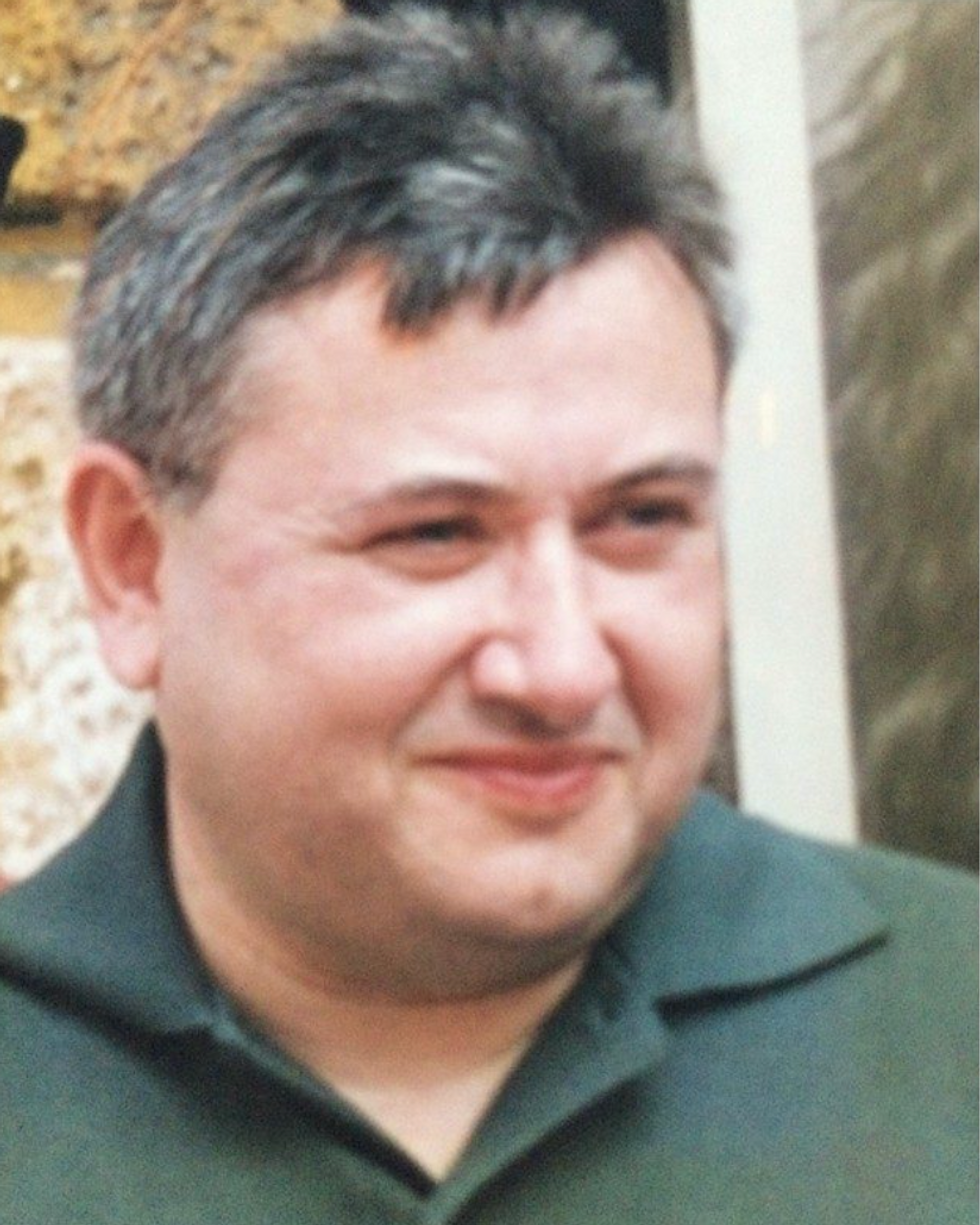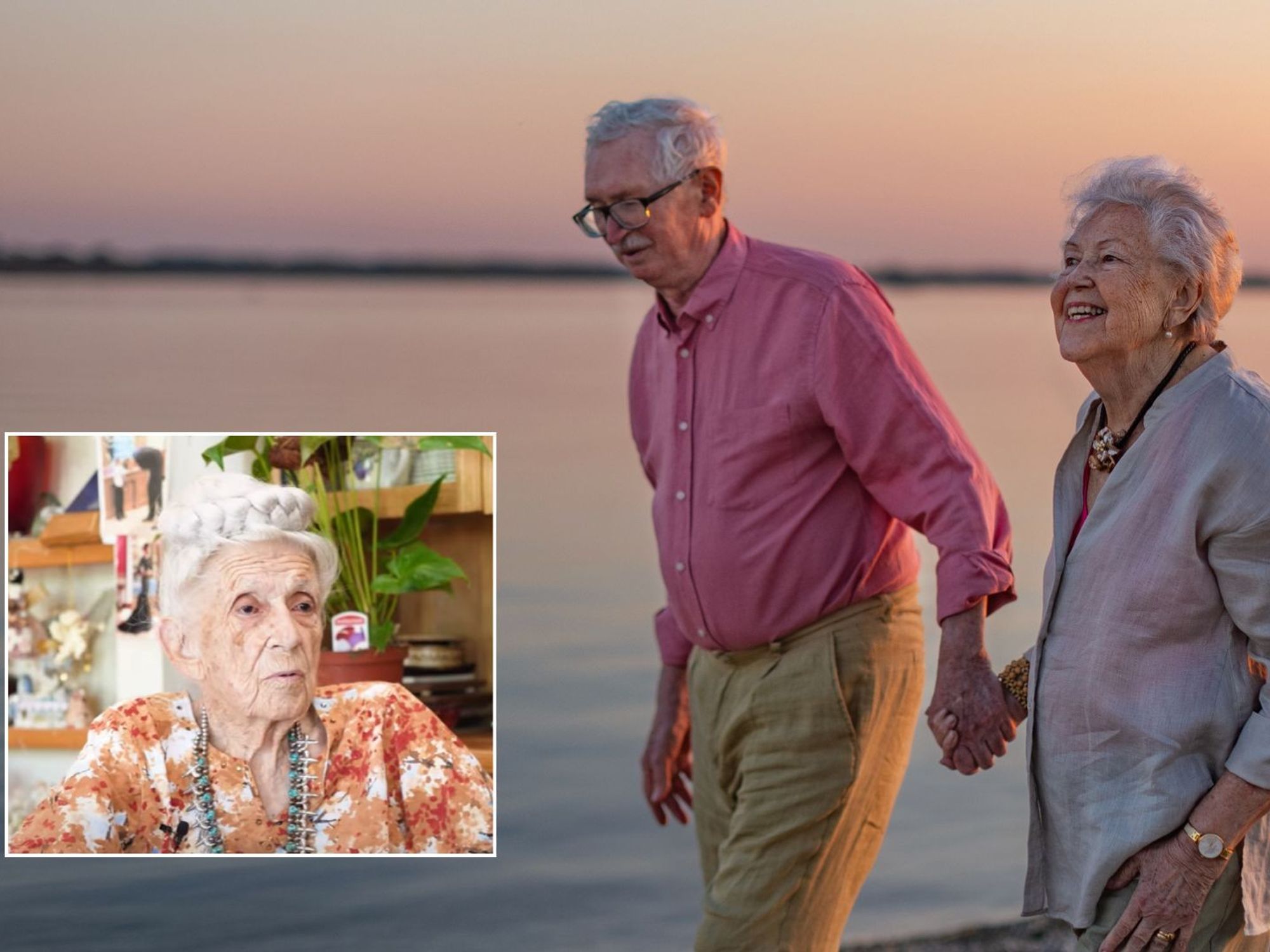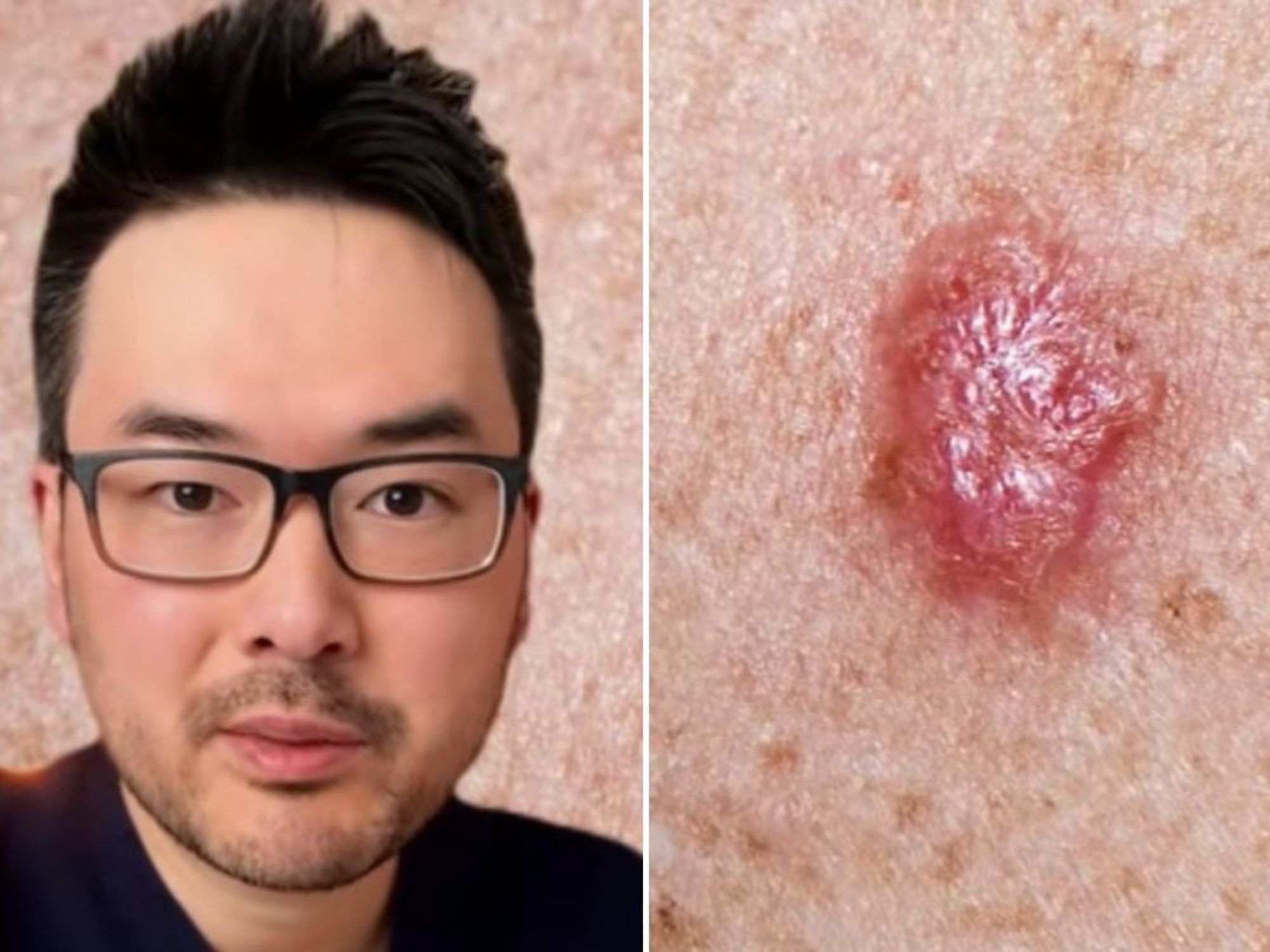Lisa Nelson went to the bank to ask for a loan after her father's death and was only given a £1 coin
(Handout/PA)
Lisa Nelson claims her family was left impoverished following her father's death in 2000 as the biggest ever public inquiry into the blood scandal continues
Don't Miss
Most Read
Latest
A grieving daughter has claimed her bank handed her a £1 coin instead of a loan after her family was left destitute when her father died from contaminated blood.
Neil Kerr, a former civil servant, contracted HIV and hepatitis C from infected blood products which were given to him to treat his haemophilia – a blood clotting disorder.
After his death, his family were turfed out of their home, their car was repossessed and they didn’t know where the next meal was going to come from.
His daughter, Lisa Nelson, described how she went to the bank to ask for a loan and was only given a £1 coin.
“I remember going to the bank one day and just begging for help. And they handed me a pound coin,” she told the PA news agency.

Neil Kerr, a former civil servant, contracted HIV and hepatitis C from infected blood products which were given to him to treat his haemophilia
(Handout/PA)
“I had to take it. I couldn’t throw it back but I had to take it because they had to put something on the table and I think it got a tin of beans and a loaf of bread that we were able to make last for a few days.”
Speaking ahead of the publication of the final report of the infected blood inquiry, the 47-year-old, from Belfast, said: “He was a wonderful man, he was the life and soul of the party. He was only 42 when he passed. I’m now older than my dad ever got to be which is scary.”
Mr Kerr had severe haemophilia type A and was co-infected with HIV and hepatitis C during his treatment.
Ms Nelson was 21 when her father died from Aids in 2000.
“His death was gruesome – we managed to shield my brother and my sister – they were younger than me at the time,” she said. “We brought them up when we knew it was a few hours away… there was so much blood – from his eyes, his ears, his mouth, his throat, it was just horrendous.”
She described how a couple of months after, Mr Kerr’s death money stopped coming in to the family.
“After dad passed we lost our home, the car was repossessed, there were just days where we didn’t have food or money,” said Ms Nelson, who now works as a manager for the Northern Ireland cardiology network.
“I don’t even know how we got through it when I look back to it now. It was horrendous, a very dark time.
“There were constant debt collector calls and it was myself that dealt with those and to deal with the house because my mum just couldn’t.
“I honestly don’t know how we got through it, day-by-day I suppose, there were just times when it was really, really hard.”
The family couldn’t get social housing so had to rent privately, half paid by Ms Nelson’s grandfather and she paid the other half, but added: “There were just some months where we didn’t have it and and we ended up getting in arrears and owing money.
“I think what the horrible thing is that this isn’t unique, other families have experienced it too.”
Asked about compensation for those affected by the scandal, she said: “There are people in our position right now and that person is still alive and I’m sure they are worried sick about what is going to happen to their families too.
“Dad wasn’t entitled to life insurance which is why we ended up the way we were.
“The majority of these people aren’t entitled to life insurance as a result, so when they go how are they doing to make sure their families are OK?
“That should be the last thing someone is thinking about when they are coming to the end of their life, especially when this isn’t their fault – they’re sick through for something that was done to them, not the the luck of the draw, this is from something that had been given to them.
“Compensation is not just about money, its recognition of the people who have died, the trauma that they had to go through, it’s justice.
“It is having to get your begging bowl out which is not dignified when these people are sick, it’s not their fault they are sick, they’re just trying to make ends meet. It’s hard enough when your health is declining without financial burdens being put on you.
“Help could be given so people don’t have to go through what we went through. And it just sickens me that it is not.”
LATEST DEVELOPMENTS
Tens of thousands of people were infected with contaminated blood or blood products between the 1970s and early 1990s.
The scandal – dubbed the worst treatment disaster in the history of the NHS – has been the subject of the biggest ever public inquiry in the UK.
The final report of the inquiry will be published on May 20.













